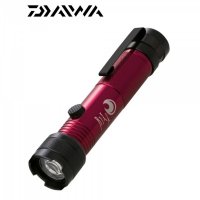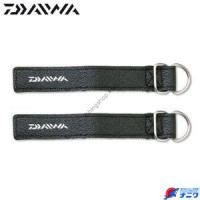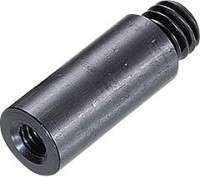DAIWA Karehoushi 11・N
Overview
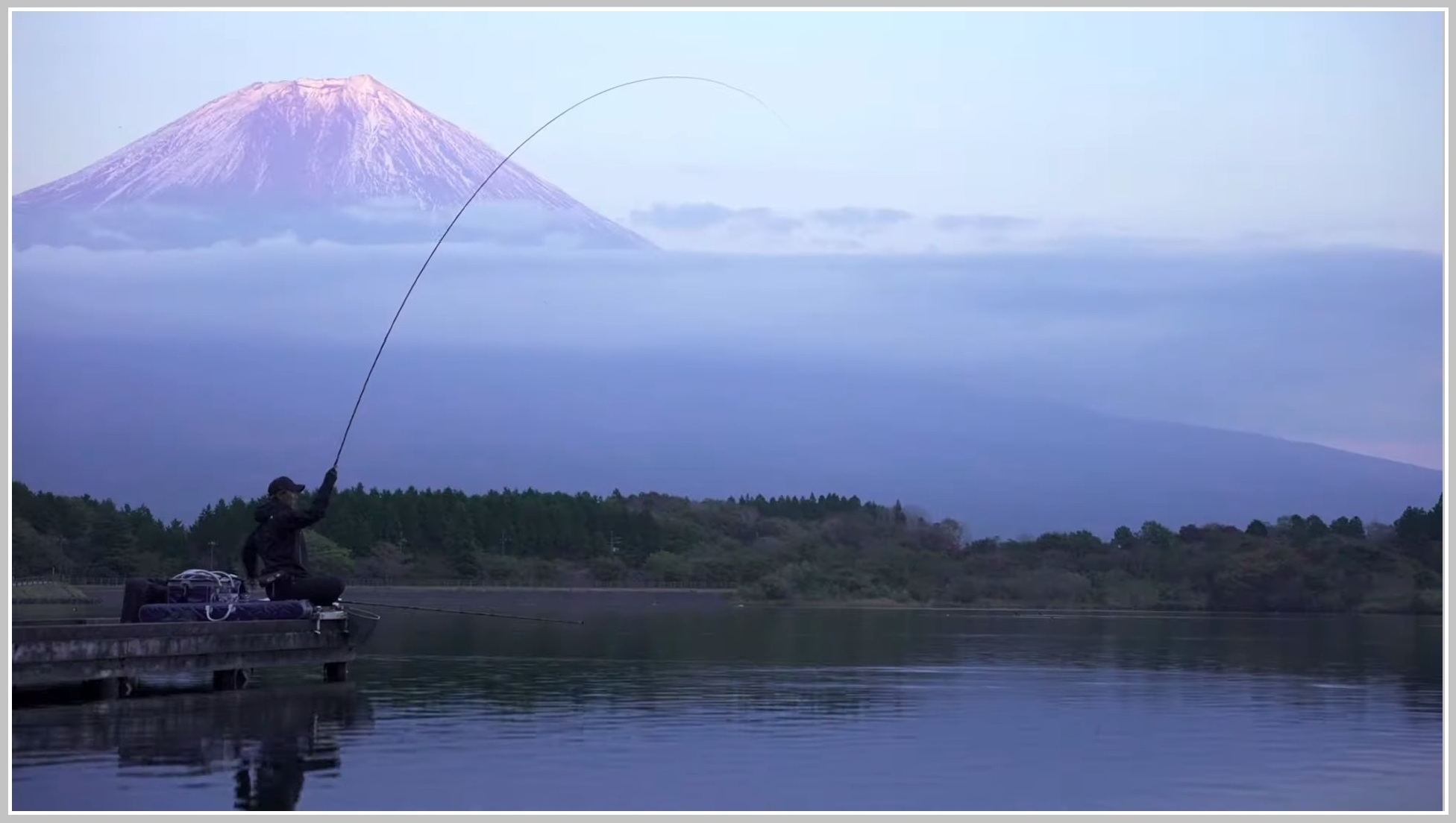
The original Karehoushi, a heralded traditional Japanese fishing rod, first made its appearance in 1986—36 years ago. It was born from a daring attempt to recreate the fishing experience of traditional Japanese bamboo rods using carbon materials. Since then, the Karehoushi has evolved through six generations, maintaining its commitment to a traditional medium-hard true action. Over the years, crucian carp fishing has undergone various changes, and the performance demands on fishing rods have also shifted.
However, no matter the era, the essence of Karehoushi remains unaltered: its commitment to true action. The seventh generation is no exception; it continues to follow this singular path. What Karehoushi has consistently focused on is the beauty of its bend. Since the first generation, it has pursued the natural curve produced by traditional bamboo rods—a defining characteristic that cannot be separated from the Karehoushi's identity.
From the strike to the catch, the graceful arc transforms like the dance of a ballet dancer, brimming with life and resembling a painting in every moment captured. Gazing upon this curve, no crucian carp angler can help but be enchanted. The movement felt through the grip in one's palm is exceedingly pleasant. By theoretically incorporating the crafting techniques of traditional bamboo rods, the beauty of the bend has been further refined. The principle is that the focal point of the bend moves with the fish, creating natural curves.
This beauty of the bend not only enhances the aesthetic but also contributes to a feeling of strength during actual fishing. Strangely, the crucian carp seem to respond more honestly to rods that bend naturally. Perhaps, crucian carp recognize and appreciate the beauty of a well-bent rod.
11・12・13尺
It can be used with a sense that is characteristic of Karehoushi

This item, which embodies the essence of Karehoushi the most, maintains the characteristic Karehoushi atmosphere without significant changes in action, while offering a unique experience of drawing large arcs, typical of the seventh generation, revealing the evolution over time.
Although each length is designed with similar uses in mind, there is a dedicated attention to detail in the construction that significantly alters the specifications depending on the length. The 11-foot version adopts a solid tip and is made in four sections, balancing the flexibility of the short solid tip with the taper of the four sections to achieve a sharp, responsive feel required for shallow float and Chochin fishing styles.
The 12-foot version uses a solid tip and a slimmer profile to enable interactions with crucian carp reminiscent of traditional Japanese rods, while slightly thickening the grip compared to shorter models and minimizing the taper at the rod end to allow for effortless fishing. Meanwhile, the 13-foot model has been redesigned to be lighter and more flexible than its predecessors. Even though it is only one foot longer than the 12-foot model, it features a tubular tip with a tip diameter of 0.8mm, balancing the characteristic Karehoushi handling and maneuverability.
This commitment to providing a quintessentially Karehoushi fishing experience involves painstakingly altering specifications while retaining the unique essence of Karehoushi through careful consideration and refinement.
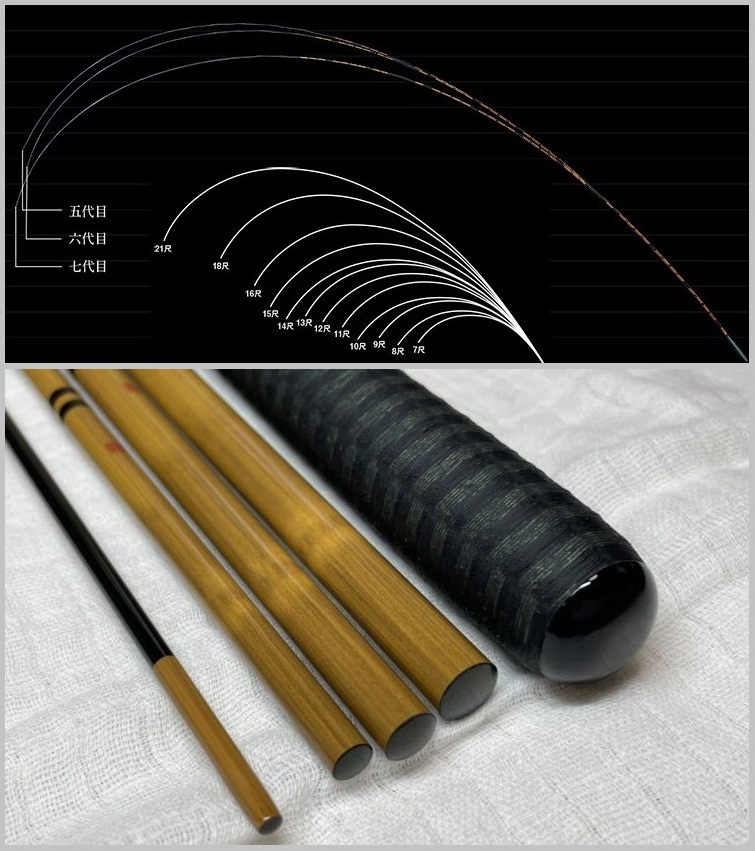
Features
Rod Type | Joint |
Rod Sections (pcs) | 4 |
Rod Length | 330 cm |
Rod Closed Length | 90 cm |
Rod Weight | 71 g |
Rod Tip/Butt Diam | 0.8 mm / 7.9 mm |
Rod Material | Carbon content : 93% |
Brand | DAIWA |
| Bonus name | Discount | Discount, % | Affiliate |
|---|---|---|---|
| Cash Back 5% | 0 | 3858.01 |
Be the first to write a review of this product!

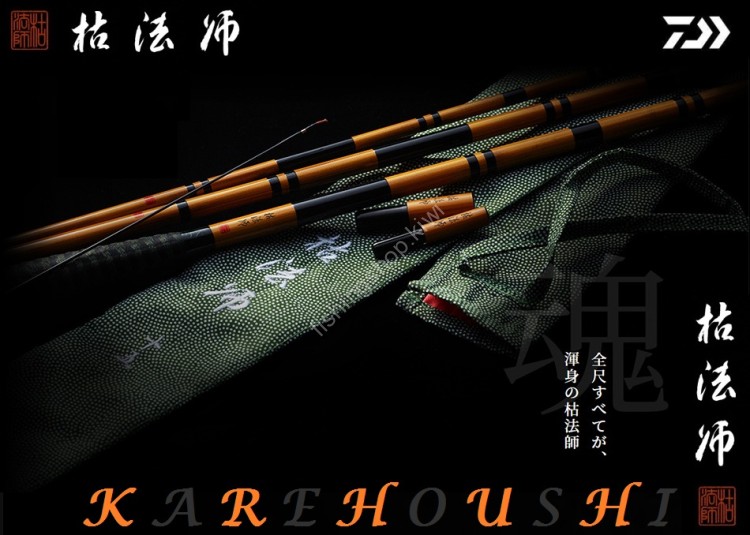

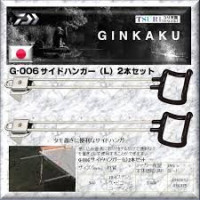
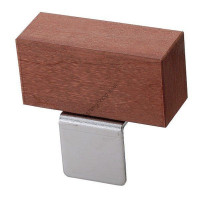
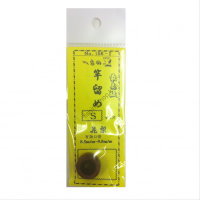
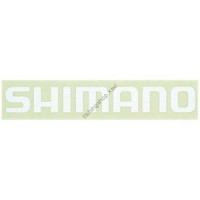
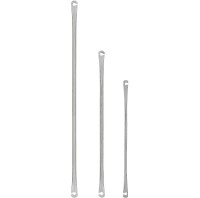
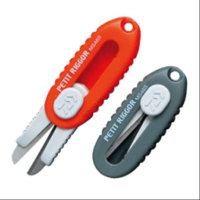
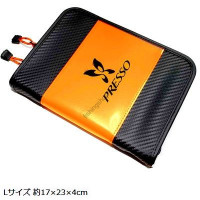
![FishingShop.kiwi VARIVAS Gran Hook [Silver] #7 (30pcs) VARIVAS Gran Hook [Silver] #7 (30pcs)](/wa-data/public/shop/products/10/09/520910/images/282352/282352.200.jpg)
